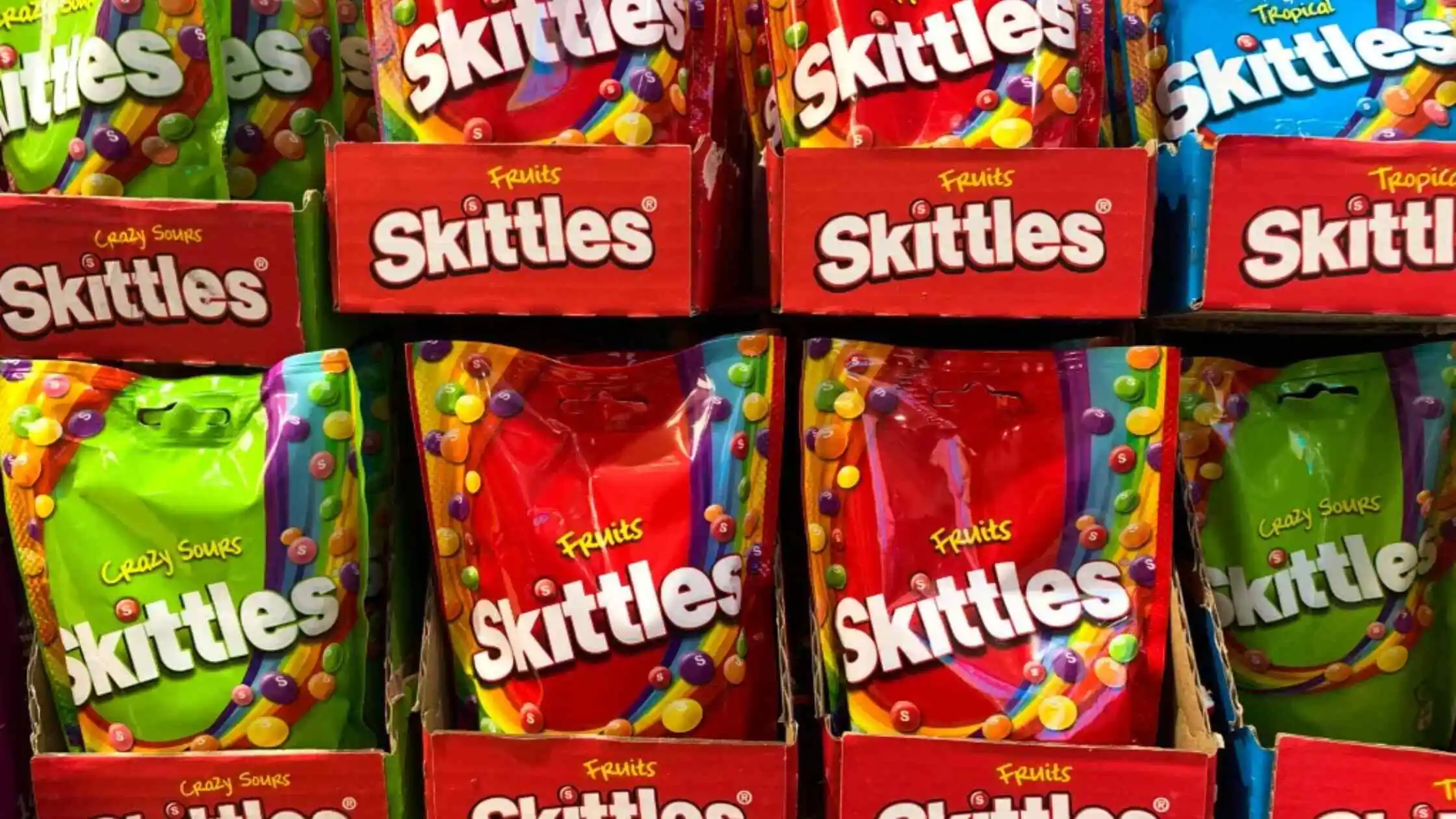There is a cause for snack foods being banned in the U. S. because they contain bad ingredients that make them unhealthy.
Products such as Skittles and Lucky Charms contain some negative elements like cancer-related dyes and preservatives.
California, Illinois, and New York are in the forefront seeking to eliminate these ingredients from the market.
For instance, Red Dye 3 is being scrutinized together with brominated vegetable oil on the grounds that they could be harmful to health.
Health Risks Associated with Common Snack Ingredients
Certain chemicals present in snacks include food dyes, artificial preservatives, which have been associated with ailments such as cancer and childhood hyperactivity. This is the reason for snack foods being banned in the U. S.
It is also important to note that typical serving sizes are decided by keeping in mind the recommended daily intakes set by the U. S. Food and Drug Administration.
Research reveals that these dyes are capable of inducing behavioral changes and may lead to cancer as well, while the preservatives such as potassium bromate pose harm to the kidneys and can raise cancer levels amongst animals.
Popular Snack Foods Being Banned
It seems that many familiar snacks and candies might be prohibited in some of the United States states as they include substances that can cause cancer and other diseases.
These include Cereals such as lucky charms, trigs and froot loops with yellow 6, candies like skittles, nerds, M&M and Swedish fish with red 40 and chips such as flamin’ hot cheetos and dorito with yellow 5 and 6 respectively.
These artificial food dyes are reported to cause health problems like adrenal tumors, blood cancer, and DNA dysregulation in white blood cells.
There are also controversies with other additives like brominated vegetable oil, potassium bromate and propylparaben which are present in some snacks that are under the process of being banned in states such as California, Illinois and New York.
The “Skittles Ban” and Its Implications
California’s “Skittles ban,” a key part of its Food Safety Act, is changing the snack industry and could lead to similar rules in other states.
Snack foods being banned focuses on dangerous ingredients like brominated vegetable oil and Red Dye 3, but doesn’t stop Skittles.
Instead, it requires companies to remove these from their products, which are linked to health issues like cancer and hyperactivity.
This could affect other states, like New York and Illinois, which are thinking about similar bans.
The Reaction from Food Manufacturers
After snack foods being banned in the U.S., Snack companies are under pressure to remove harmful ingredients like artificial dyes and preservatives due to proposed bans.
They’re trying to make their products healthier without changing their taste or texture, which is difficult because these ingredients are important for color, shelf life, and flavor.
Changing recipes, finding new ingredients, and updating packaging can be expensive and hard. Some companies are ahead of the game by reducing controversial ingredients.
Finding replacements for popular snacks that meet health and taste standards is challenging.
The Public’s Perception
The way people feel about food safety and additives is mostly shaped by what they see and hear in the media. Media can play a huge part in spreading awareness about snack foods being banned.
This media plays a big part in making people think certain foods are bad or safe. Research has found that when the media talks a lot about food scares or health issues, it can really change how people see and want certain foods.
The media decides what to share and how to share it, often showing things in a way that makes it seem like the government shouldn’t be involved.
This makes people think about food safety in terms of personal freedom, which has happened with other health issues like tobacco and alcohol.
Because of this, people often make quick judgments based on the idea that “natural is better,” which can lead to wrong choices.
Comparison with International Standards
U.S. snack food rules are much more relaxed than in Europe and other places. Ingredients like artificial food dyes that are banned in some countries, such as Yellow 5 and 6, are still used in U.S. snacks like Skittles and Doritos.
Brominated vegetable oil (BVO), a chemical used to make drinks less flammable, is banned in over 100 countries but allowed in the U.S.
Potassium bromate, a chemical that might cause cancer, is not allowed in Europe, China, and Canada but is still used in U.S. bread and baked goods.
Snack foods being banned shows that the U.S. focuses more on the interests of the food industry than on public health, leading to less strict rules compared to other countries.
The push to stop some snacks and their bad ingredients shows more people care about health and safety.
Snack foods being banned leads to discussions about how to protect consumers and make food production more open and responsible.








